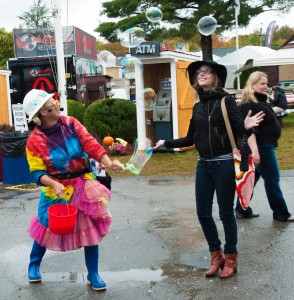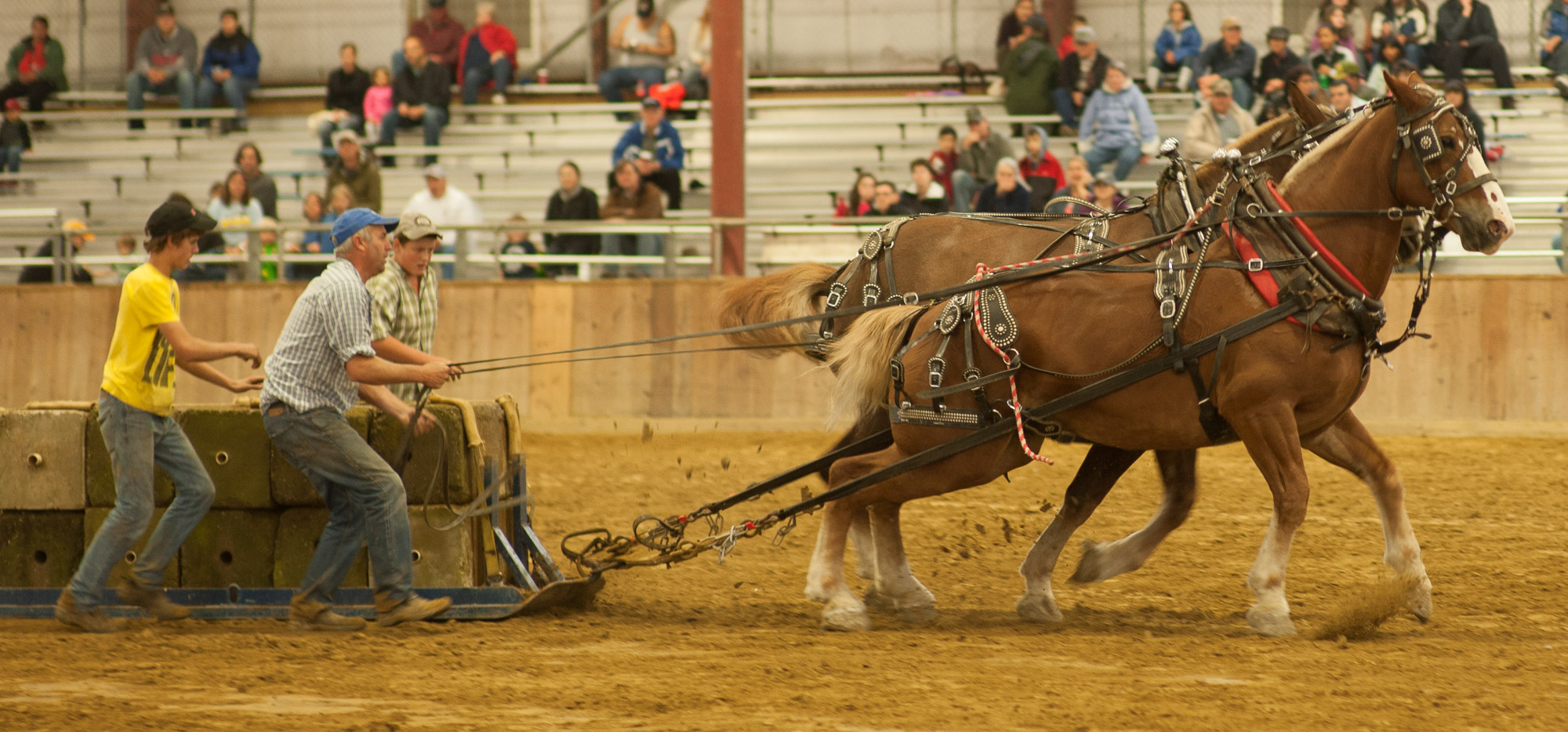
The Conference on Sustainable, Responsible, Impact Investing marked its 25th anniversary this month. Few conferences can claim justly to have changed their field – in this case, financial services – as this one can.
First Affirmative Financial Network (FAFN) brought together people who would not otherwise socialised. That cross-fertilisation led to innovations and adaptations that continue to bring new entrants to the field.
FAFN asked eight ‘pioneers’ to reflect on the progress socially responsible investing (SRI) has made over the Conference’s 25 years and on their roles in it. I was the last to speak.
I followed David Berge, the founder and president of Underdog Ventures, who has blazed the trail for social venture capital.
I had the honor of being introduced by George Gay, FAFN’s CEO, whose vision has guided the Conference for all its 25 years. His talent in ballroom dancing and his skill in herding squirrels has made the Conference at once a delight and a serious challenge.
This post is a lightly revised version of my talk which you can check here.
***
Like all pioneers – with or without an unkempt beard and a burro – I want to tell you stories.
***
The first is about Someday Farm, our neighbor in Vermont’s Northshire.
Someday Farm is a hill farm high on the side of Mt. Aeolus. In 1984 Scout Proft and her husband, Matt, began reclaiming its fields and pastures from trees and scrub.
Like most organic farmers, they struggled. In 1989, they needed a $5000 greenhouse. The local bank wanted a business plan, something that was beyond them.
Then they heard about the Vermont National Bank’s Socially Responsible Banking Fund. They convinced its loan officer to drive an hour from Brattleboro to see them.
As Scout tells it, he looked very uncomfortable getting out of the car, dressed in a blazer and wearing loafers. He seemed surprised to find calloused hands instead of hippy beads.
He walked the farm and listened to what they hoped to do. Then, he shook their hands, and said he’d give them a three-year loan.
The greenhouse made money its first year. The loan was repaid. Had they not gotten it, Scout says today, they might well have quit.
***
Imagine that Someday Farm had not been around to start Community Supported Agriculture in Vermont. Where would the hundreds of people have gone who’ve turned up there to learn and be inspired.
The Someday Farm stand and their stall at the Dorset Farmers’ Market are crossroads for their community. We depend on their fresh produce, eggs, and poultry. I can’t imagine the Northshire today without Scout, her five sons, her four partners, and their two working farms.
What’s socially responsible investing all about? It’s about aspirations. It’s about positive social changes. It’s about you, the people whose mission it is to make both happen. The good spreads across time and space.
***
I’ve told you the Someday Farm story not just to praise the loan officer, one David Berge. The story’s about impact.
You can calculate, very roughly, the value of the Socially Responsible Banking Fund’s loan to Someday Farm and to the Proft family and to its future partners. But no one can put a number on its value to the Northshire and Vermont.
There’s an irony in my telling a story whose point is that you can’t measure the total impact of a social investment. I’m best known for co-founding and managing for 21 years KLD Research & Analytics. KLD rated corporate social performance and turned those evaluations into market gages.
Seated among you are several KLD alums and numerous KLD client alums. Each deserves a shout out. Truth is, they made KLD the success it was. They carry its mission into the future.
***
As many of you know, KLD’s other co-founder was Amy Domini. She introduced me to SRI in 1979. Her mission was to enable investors to aline their money with their consciences.
She was among the very first – with Tim Smith and Wayne Silby – to grasp the possibilities of the broad changes the three pillars of SRI could yield. That’s what our first book, Ethical Investing, tried to show in 1984.
By the late 1980s, Amy became frustrated with our lack of an answer to this question: ‘If SRI is such a good idea, where are the numbers?’
SRI needed a benchmark index. So in 1988, we started work on the Domini 400 Social Index which later became the KLD 400. We believed it would gage SRI and reveal the costs all mainstream investors claimed came with SRI.
No one else had tried this. We believed the index would rapidly reduce resistance to SRI. We were wrong!
***
By far, the hardest part of the index process was defining its screens – positive and negative.
Applying them to companies and then computerising the results was more than the two of us could handle. For that in 1989 Amy hired MBA candidate Lloyd Kurtz. We relied on Milt Moskowitz’s reference books, starting with Everybody’s Business. I still do though they’re yellowed and taped together. KLD was the first sponsor of the Moskowitz Prize.
A by-product of the index effort was research on about 700 US companies organised by the social screens we’d applied.
In December 1989, Amy recruited Steve Lydenberg as our research director. He recognised the research’s market potential. Steve saw that if institutional investors were going to use SRI research, it had to be disciplined and defensible. He set the standards that made our research safe for what became ESG investors.
***
KLD had its start, as this conference did, when South Africa was our defining issue, as climate is today.
Over 25 years starting in 1969, social investors learnt to work with allies from religious, labor and social justice organisations. Social investors contributed tools such as shareholder activism – invented for the purpose – and divestment – a 300 year-old practise.
Together this coalition shifted the standards the public – investors and companies, too – applied to apartheid. They changed the norms.
***
South Africa would end in triumph for the coalition. But not for SRI.
South Africa redoubled resistance to SRI in foundation & endowment board rooms, in legislatures through the Uniform Trust Code, in academic institutions.
At a 1995 pensions conference an influential consultant stuck his face in mine, ‘You people shoved South Africa up my…. You’ll never do it again.’
Not until ‘ESG’ emerged late in the last decade did SRI performance and company research begin to affect mainstream institutions and managers.
***
This afternoon, I’m very optimistic about the future – for SRI/ESG and for the causes it has helped advance for 45 years.
How can I say that when the US, the UK, Canada and Australia are in the hands of Know-Nothings? I can because they represent a last stand against the emerging social and environmental norms the people in this room have done much to further.
Consider the furor last month when the Australian National University (ANU) announced a limited divestment of extraction companies.
The Prime Minister, Tony Abbot, took time out from opening a new strip mine to add his opinion on divestment which he later reiterated: “Of course they should be free to do what they want but when they make stupid decisions we should be free to criticise them.”
ANU’s president had told ‘Lateline’, a national interview program,
For a university like ours, which is … a major researcher in environment and alternative energy, we need to be able to put our hand on our heart when we talk to our students and to our alumni and to our researchers and be able to say that we’re confident that the sort of companies that we’re investing in are consistent with the broad themes that drive this university.
***
From Someday Farm to the Australian National University, the signs of positive change are all about you. By supporting research on corporations, by fostering academic research, by serving your clients, by supporting one another in community as at this conference: You have had no small role in this change.
Thank you all.

Recent Comments